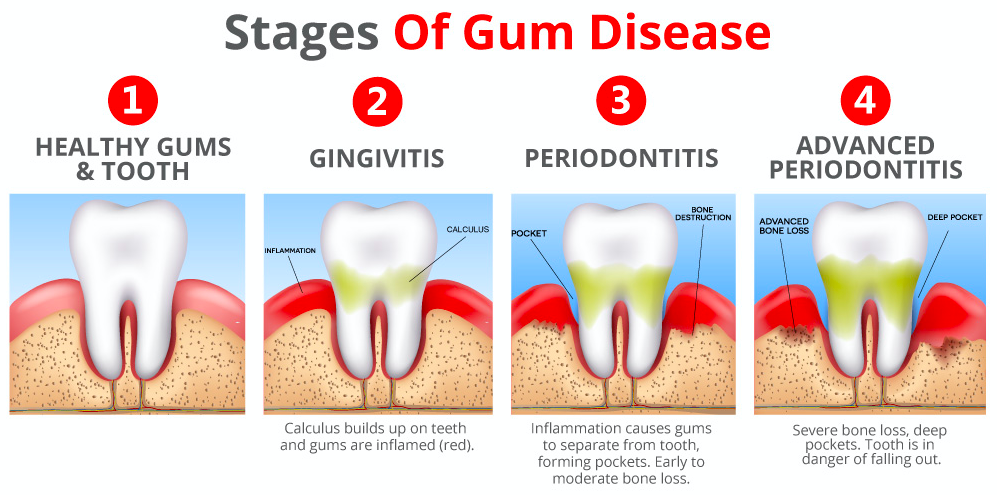When I was younger, I was ALL about pop and soda. There’s something about carbonated drinks- I’ve always enjoyed the fizzy popping sensations in my throat no matter how much they triggered my pain receptors. After I found out how detrimental soft drinks were to my health however, I stopped purchasing them and now only drink them during special occasions. Instead, I started consuming sparkling waters and other healthier fizzy drinks like kombucha.
TY Pinterest
Recently, a couple came into our clinic and asked us how safe it was to drink 3-4 LaCroixs per day. This was my answer to them:
The American Dental Association (ADA) recently published an article stating that sparkling water was generally healthy for your teeth. It pointed out a study where researchers soaked extracted teeth in sparkling water and extracted teeth in regular lab water. The result? Despite the fact that sparkling water is a bit more acidic than regular water, the two forms of water were about the same in their effects on tooth enamel!
So drink up my friends, but please remember to pay attention to the additives companies are using to flavor their sparkling water. If in doubt, drink it in one setting and rinse your mouth with regular water afterwards.
Until next time!
DAYTON DENTAL




